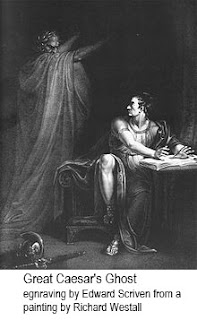 Be wise. Be brave. Be tricky.
Be wise. Be brave. Be tricky.
Coraline Jones is eleven years old, the only child of loving, busy, and distracted parents. She is good at entertaining herself and likes to explore, which is a fortuitous pastime, since her family has moved into a large, old house, with eccentric tenants, who never get her name right, and lots of floors, windows and doors. There is one door in particular that captures her attention. Under normal circumstances, the door opens to a bricked-up wall.
But Coraline finds herself in circumstances, not at all normal, when upon opening the door, against the advice of the mice, the door opens to reveal a passage to another house much like her own, family and tenants included – and yet – not at all like her own.
Intrepid, inquisitive, and independent, Coraline explores the other worldly alternate home, and at first finds it fascinating. However, she soon discovers a sinister and ghoulish danger waiting to trap her.
I know this is supposed to be a spooky tale, a creepy tale, maybe even a horror, which is why I chose it as part of the R.I.P.14 reading challenge. But if I were to categorize Coraline in one word, it would be sweet.
I believe it was Gaiman’s intent to show his daughters, and all children:
…that being brave didn’t mean you weren’t scared. Being Brave meant you were scared, really scared, badly scared, and you did the right thing anyway.
Truthfully, I KNOW that was his intent. He says so, with those very words in the foreword. He is probably a fan of To Kill a Mockingbird.
Do you read forewords? I sometimes do, sometimes don’t. I’ve read a couple that spoiled the novel – I hate that. This one didn’t spoil the story, but it probably added to my impression of the story being sweet. Neil Gaiman began this story for his first daughter Holly, but set it aside and finished it years later for his youngest daughter Maddy. Told ya it was sweet.
Coraline has been described as a story that all ages might enjoy, and I agree, but it was definitely written for children. The omniscient narrator is childlike, innocent, and unpretentious.
My rating: 4 of 5 stars
The San Francisco Chronicle Book Review put it very well:
Coraline is by turns creepy and funny, bittersweet and playful. A book that can be read quickly and enjoyed deeply.
The only work I’ve read previously by Gaiman is Sandman, a graphic novel, which has a decidedly different audience and theme. I knew Coraline was written with a different audience in mind, but otherwise, I had no expectations. I wasn’t surprised though. I knew Gaiman is a versatile writer, and this short story certainly demonstrates it. I really enjoyed Coraline – in short – it was sweet.
Film rendition: The 2009 Henry Selick film is very good. There are a few minor departures from the book, but still very faithful.
.





